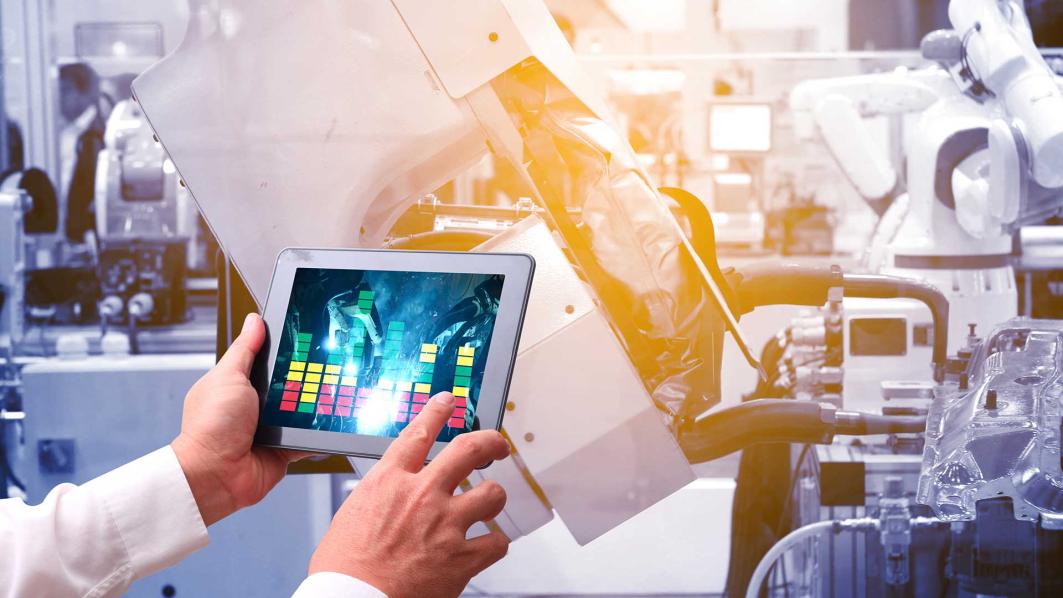Unveiling the Potential Economic and Social Impacts of AI in Manufacturing
As technology continues to advance at an unprecedented pace, the integration of Artificial Intelligence (AI) into various industries has become a prominent trend. Manufacturing, a sector that has long been the backbone of economies worldwide, is also undergoing a transformative journey with the advent of AI. This article aims to explore the potential economic and social impacts of AI in manufacturing, shedding light on both the opportunities and challenges that lie ahead.

Economic Impacts:
- Increased Productivity and Efficiency:<\/b> AI-driven automation and robotics can significantly enhance productivity and efficiency in manufacturing processes. By automating repetitive and hazardous tasks, AI can free up human workers to focus on more complex and value-added activities, leading to increased output and cost reduction.
- Improved Quality and Precision:<\/b> AI-powered quality control systems can inspect products with greater accuracy and consistency compared to traditional methods. This can result in fewer defects, reduced waste, and enhanced product quality, ultimately boosting customer satisfaction and brand reputation.
- Optimized Supply Chain Management:<\/b> AI algorithms can analyze vast amounts of data to optimize supply chain operations, including inventory management, logistics, and transportation. This can lead to reduced lead times, improved inventory turnover, and better coordination among suppliers, manufacturers, and distributors.
- New Product Development and Innovation:<\/b> AI can assist in the design and development of new products by analyzing consumer preferences, market trends, and technical feasibility. AI-powered generative models can also create innovative product concepts and designs, fostering a culture of continuous innovation within manufacturing organizations.
Social Impacts:
- Changing Nature of Work:<\/b> The of AI in manufacturing will inevitably lead to changes in the nature of work. While some jobs may be replaced by automation, new opportunities will arise in areas such as AI programming, data analysis, and maintenance of AI systems. This will require workers to adapt and acquire new skills to remain relevant in the evolving job market.
- Job Displacement and Inequality:<\/b> While AI has the potential to create new jobs, it may also lead to job displacement in certain sectors. This could exacerbate income inequality and social disparities if adequate measures are not taken to support affected workers through retraining and upskilling programs.
- Safety and Ethical Considerations:<\/b> The use of AI in manufacturing raises important safety and ethical considerations. Ensuring the safe operation of AI-powered machinery and addressing potential biases in AI algorithms are crucial to protect workers and maintain public trust in AI-driven manufacturing systems.
- Impact on Local Communities:<\/b> The adoption of AI in manufacturing may have varying impacts on local communities. While some regions may benefit from increased economic activity and job creation, others may face challenges related to job displacement and the need for reskilling. Governments and policymakers must consider these regional disparities and implement targeted interventions to mitigate negative consequences.
The integration of AI into manufacturing holds immense potential for economic growth, productivity gains, and innovation. However, it also presents significant social challenges that require careful consideration and proactive policy interventions. By embracing AI responsibly and investing in human capital, societies can harness the benefits of AI in manufacturing while ensuring a just and equitable transition for workers and communities.
YesNo

Leave a Reply